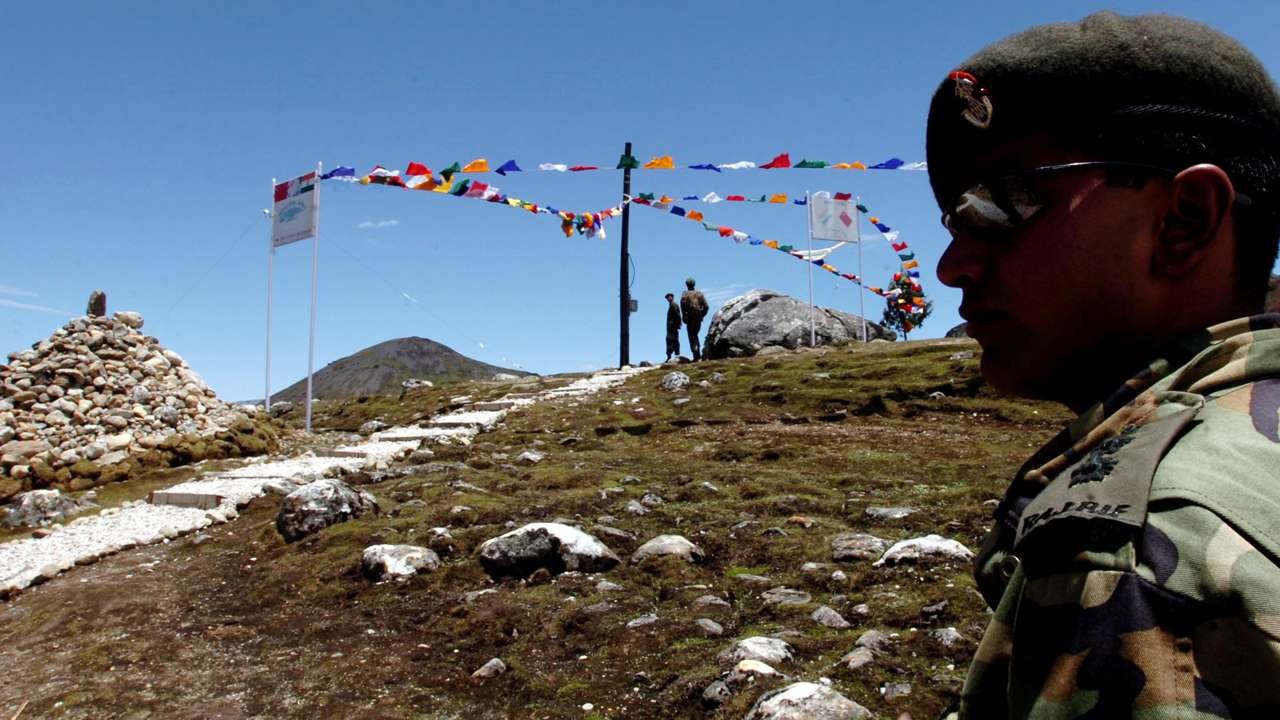
Wang Zhen, Professor and Deputy Director, Institute for International Relation Studies, Shanghai Academy of Social Sciences
Aug 29, 2017
Threatening China in the Doklam region can only end badly for India. The Himalayas are big enough to accommodate both great powers.
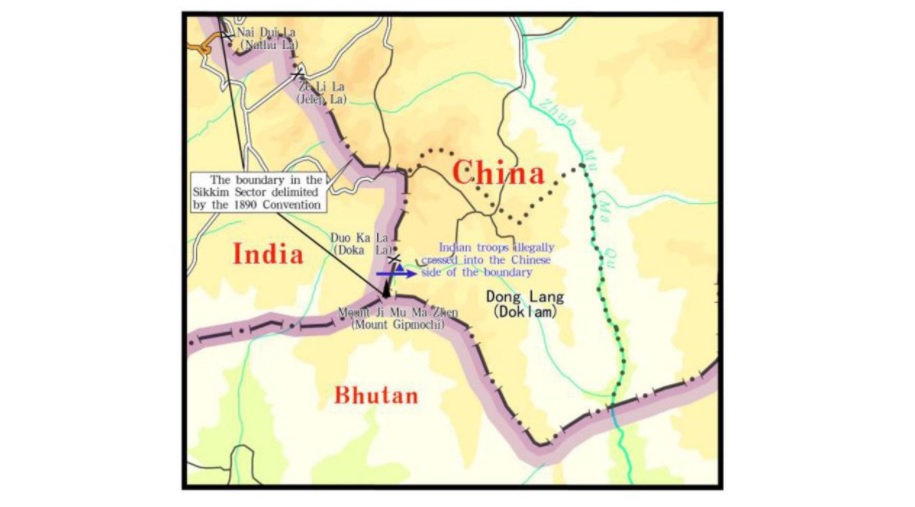
Wang Shida, Deputy Director of Institute of South Asian Studies, CICIR
Aug 29, 2017
By trespassing into Chinese territory and interfering in Bhutan’s border issue with China, India has flouted international law and international norms.
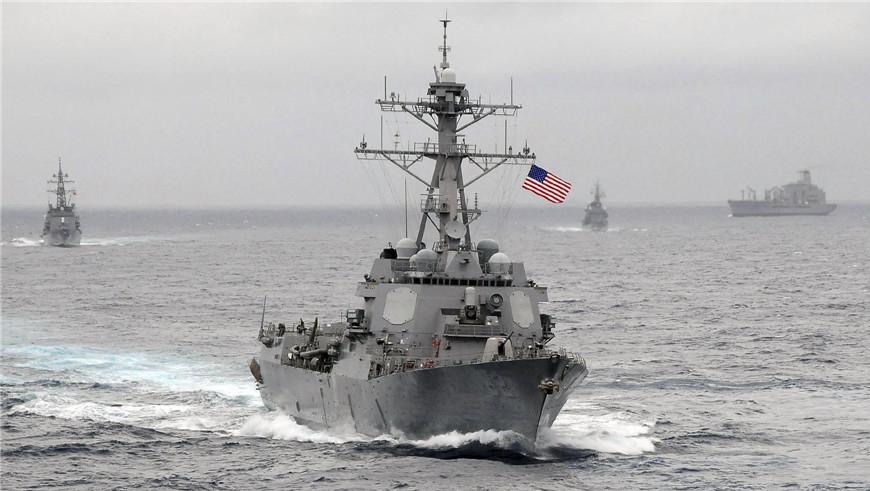
Luo Liang, Assistant Research Fellow, National Institute for South China Sea Studies
Aug 28, 2017
Trump has proven tougher on the South China Sea than his predecessor. So long as China plays its cards right, though, it doesn’t really matter what he does.
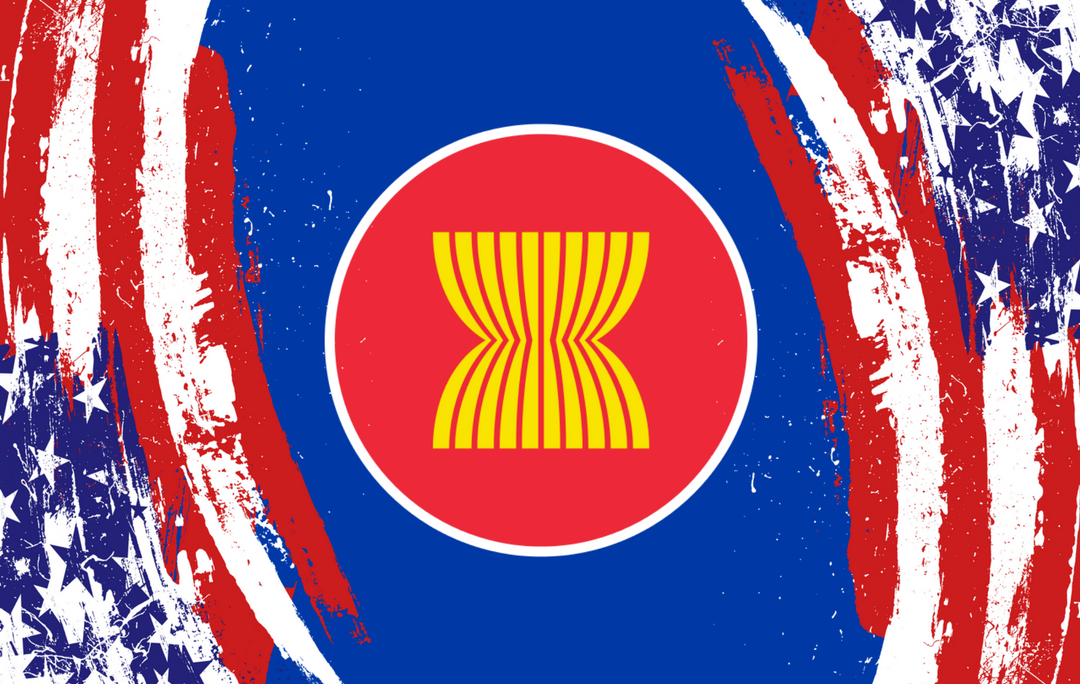
Yang Wenjing, Research Professor, Institute of American Studies, CICIR
Aug 24, 2017
Trump is trying to compensate for his diplomatic handicaps in Asia by stirring up antagonism against China. It won’t work.
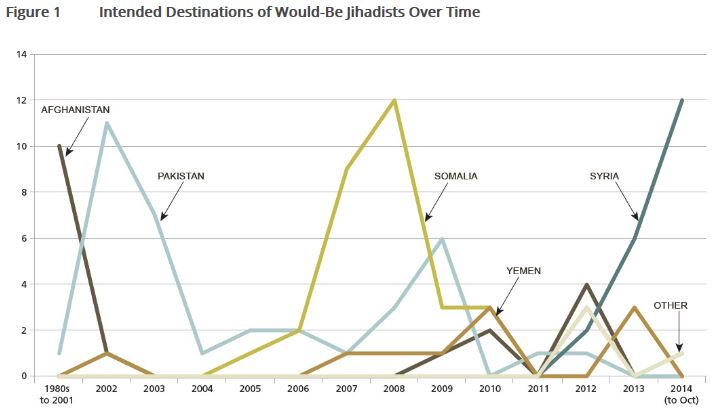
Dan Steinbock, Founder, Difference Group
Aug 11, 2017
As the Islamic State is collapsing in the Middle East, it needs wins elsewhere. Southeast Asia is Jihadi terror’s new battlefront. In order to contain the terror and sustain the Asian Century, new kind of cooperation is needed between the ASEAN, the U.S., China, and other major powers in the region and the Middle East.

Kishore Mahbubani, Dean of the Lee Kuan Yew School of Public Policy, National University of Singapore
Aug 03, 2017
The Association of Southeast Asian Nations (ASEAN), which marks its 50th anniversary this month, comprises the world’s seventh-largest economy, on track to become the fourth largest by 2050. ASEAN’s approach may turn out to be the way of the future, enabling other fractious regions to develop sturdy bonds of cooperation.
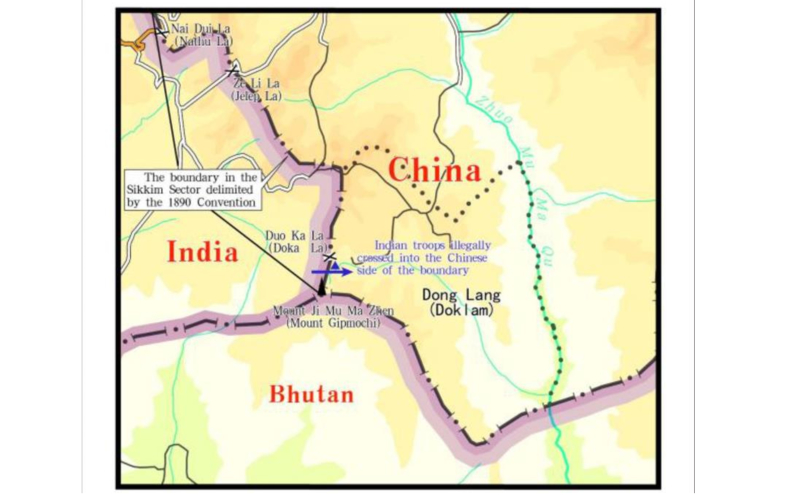
Fan Gaoyue, Guest Professor at Sichuan University, Former Chief Specialist at PLA Academy of Military Science
Aug 03, 2017
As the standoff between Chinese and Indian troops over a disputed border in the Himalayas enters its second month, the world is asking: who does this contested area truly belong true? By examining existing evidence, we can find an answer and begin on the road to peace.
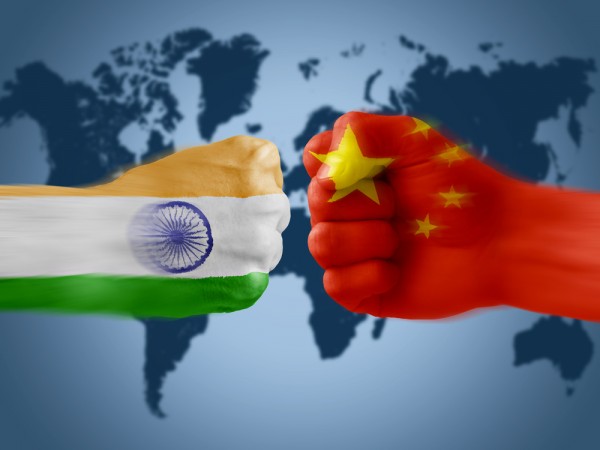
Brahma Chellaney, Professor, Center for Policy Research
Jul 31, 2017
There has always been tension between China and India, but the recent standoff between troops of both armies at the border of Tibet, Bhutan, and Sikkim has only added fuel to the fire. Now, through the use of psychological warfare in addition to various other strategies, China hopes to intimidate India into backing down.
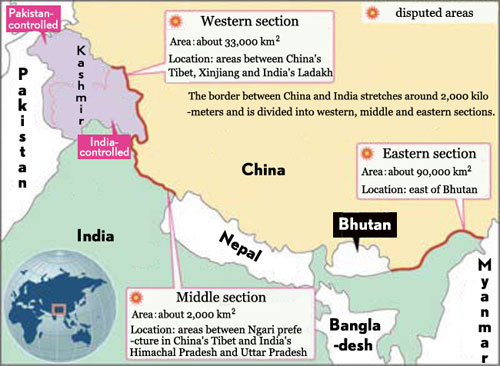
Yao Yunzhu, Retired Major General, Chinese People’s Liberation Army
Jul 31, 2017
The standoff between Chinese and Indian soldiers on a remote Himalayan plateau entered well into its 2nd month. The Chinese foreign ministry spokesmen delivered one strong wording statement after another, calling for the withdrawal of the Indian troops and warning against miscalculations and unrealistic illusions of the Indian side.
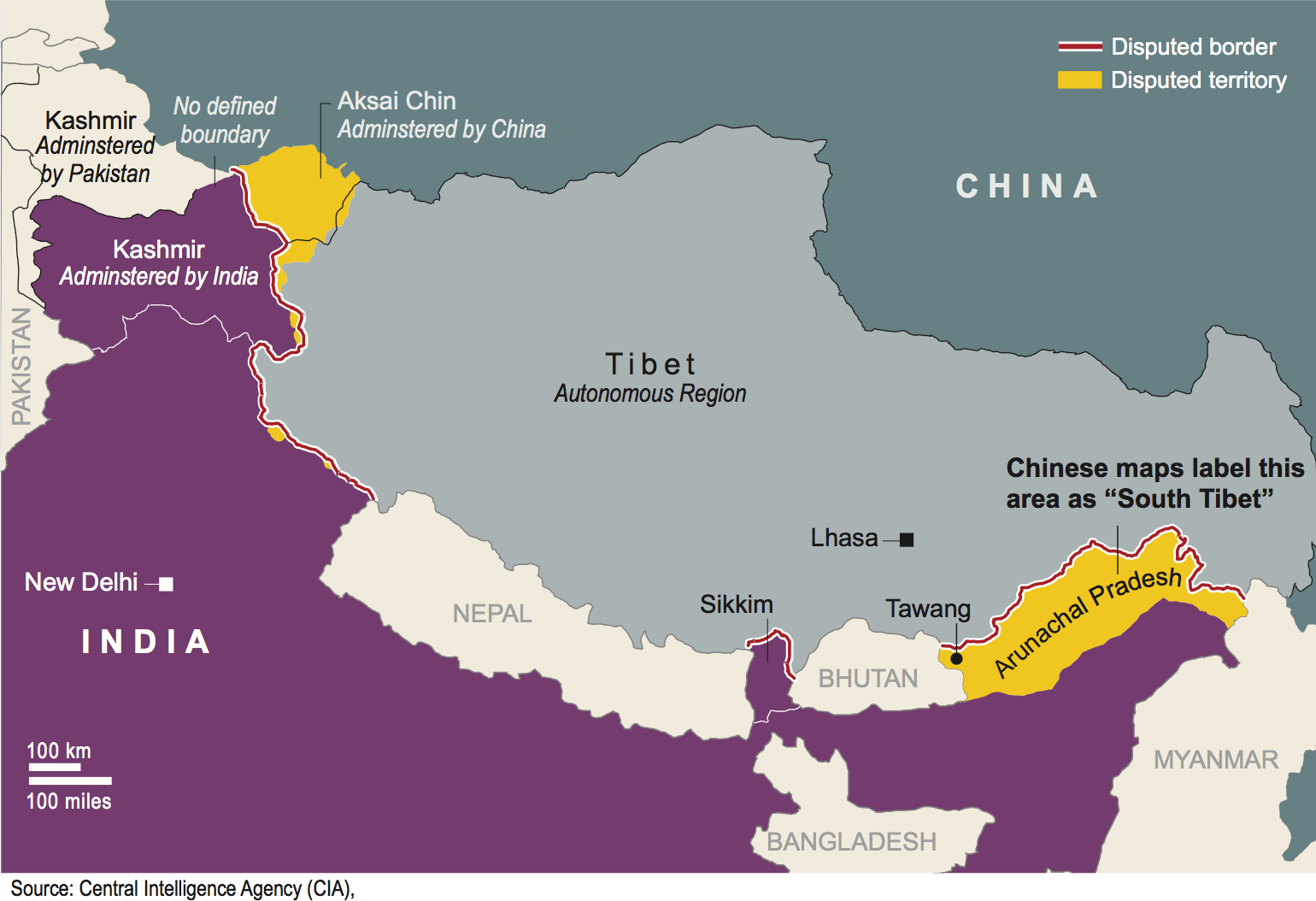
Su Jingxiang, Fellow, China Institutes for Contemporary International Relations
Jul 27, 2017
Almost a month after Indian troops entered Chinese territory, China has remained restrained and tolerant has fully demonstrated its sincerity for preserving Chinese-Indian friendship. As long as our side stays reasonable, restrained and proceeds from our best interests as well as concern about friendly bilateral ties, it is possible to narrow our differences, resolve our disputes.
Back to Top

- China-US Focus builds trust and understanding between the U.S. and China through open dialogue among thought leaders.
- Our Offerings
- Topics
- Videos
- Podcasts
- Columnists
- Research Reports
- Focus Digest
- Stay Connected
-
Thanks for signing up!
- Get the latest stories from China-US Focus weekly.